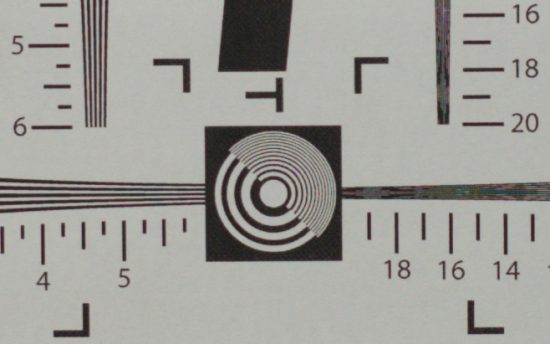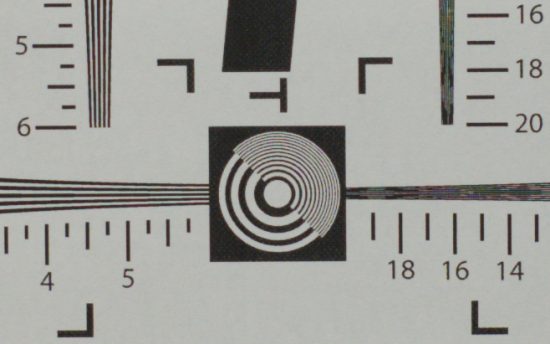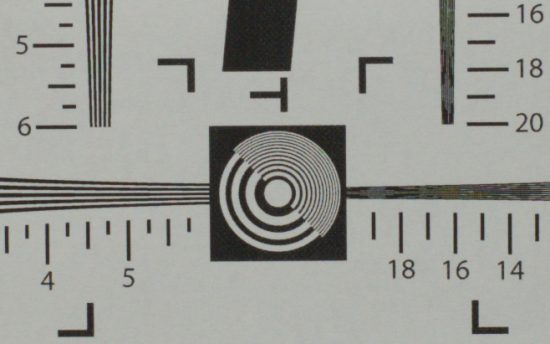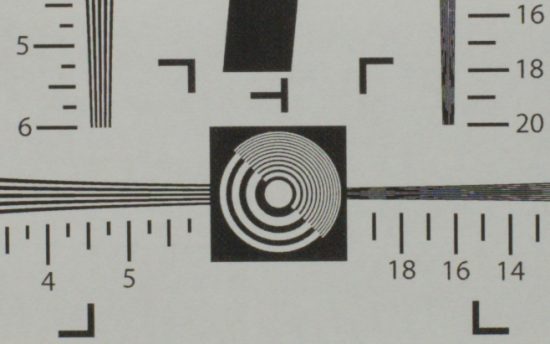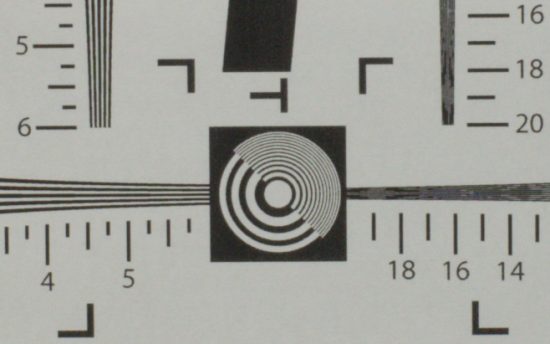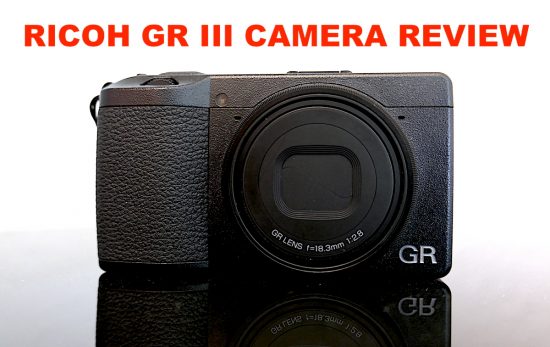
Here is my quick hands-on review of the Ricoh GR III camera.
First, some additional pictures of the camera:
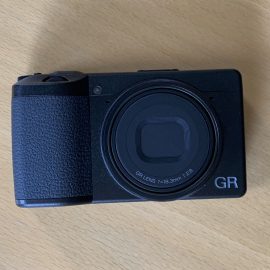
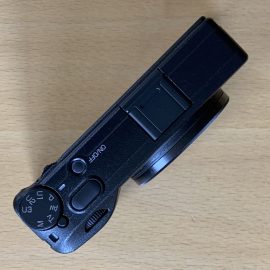
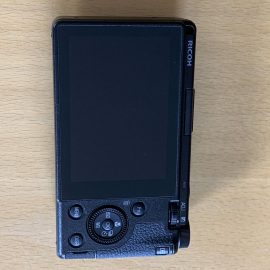
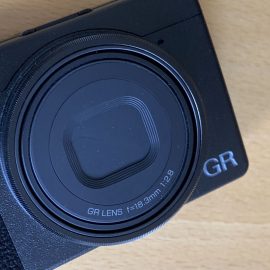
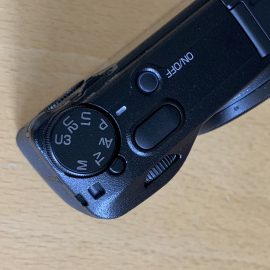
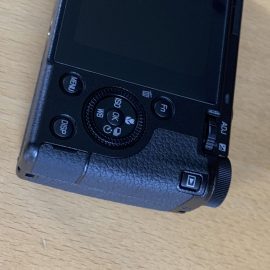
What’s in the Ricoh GR III box:
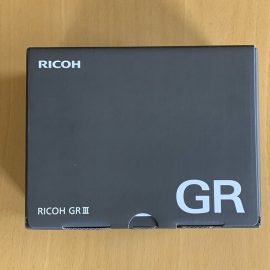
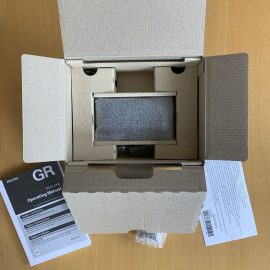
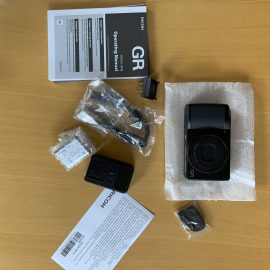
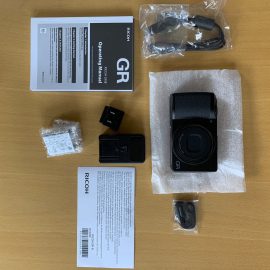
Ricoh GR III size comparison with my other favorite compact camera – the Leica D-Lux 7:
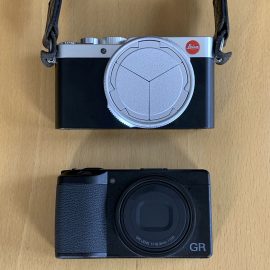
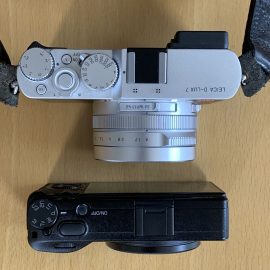
Usable ISO – for color photos I would not go over 6,400, for black and white I can probably go up to 12,800 (files exported from RAW without any modifications):
Ricoh GR III at ISO 1,600:

The 18.3mm f/2.8 lens (28mm equivalent) is surprisingly sharp across all apertures (files exported from RAW without any modifications):
Ricoh GR III at f/2.8:
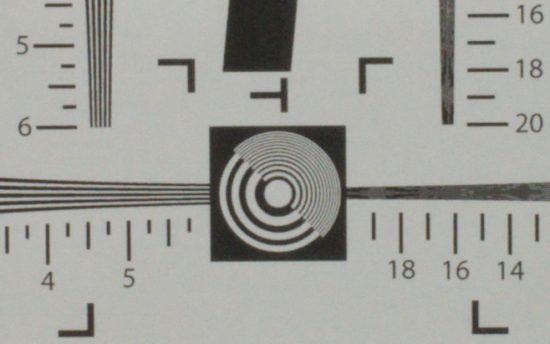
I guess one of the disadvantages of having such a compact retractable lens is the heavy vignetting (files exported from RAW without any modifications, the new Ricoh GR3 also has a Peripheral Illumination Correction setting):
Ricoh GR III vignetting at f/2.8:
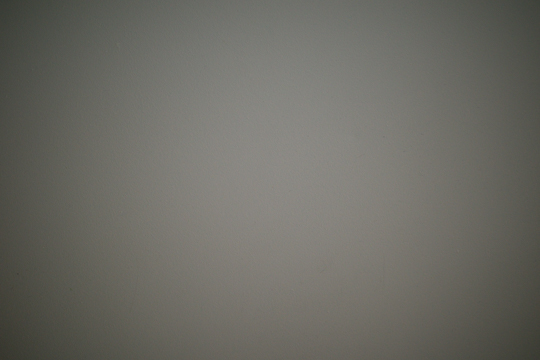
Ricoh GR III vignetting at f/4:
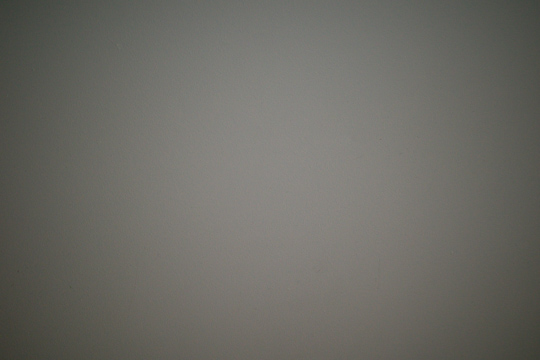
Ricoh GR III vignetting at f/5.6:

Ricoh GR III vignetting at f/8:
The GR III camera doesn’t have a very good battery life – get a spare battery, there is also this cheap $12 version:
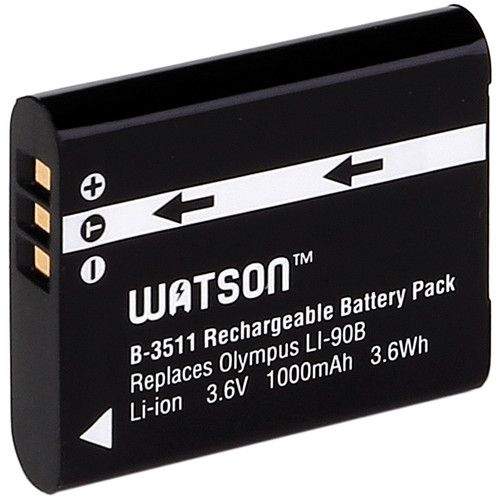
For a full list of Ricoh GR III camera accessories check this post:
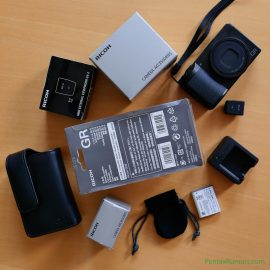
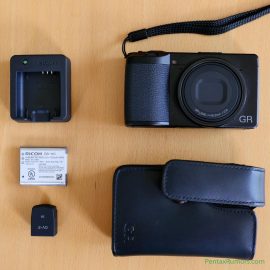
I like to use the optional Ricoh GV-2 28mm viewfinder in bright daylight or when using the snap mode and I just need a quick way to frame the picture:
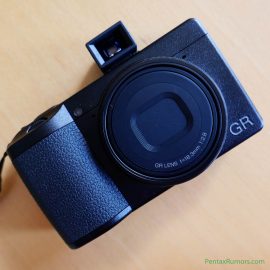
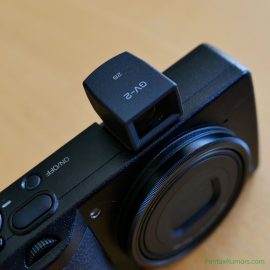
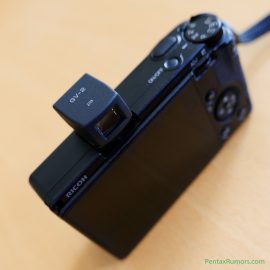
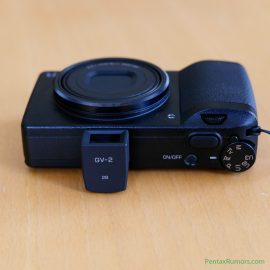
Cases for the Ricoh GR III: I got the Lowepro Tahoe CS 20 camera pouch because I can fit the camera with an attached viewfinder and have a front pocket for an extra battery:
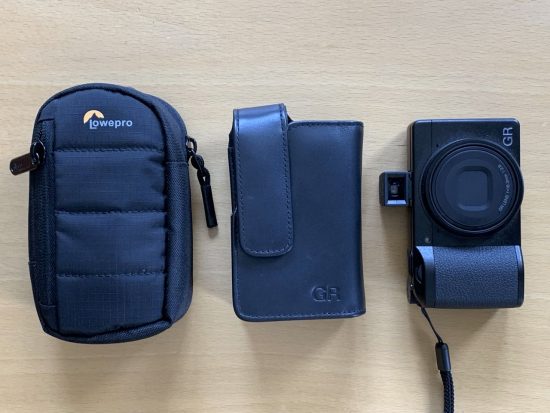
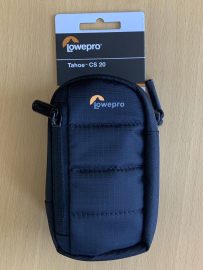
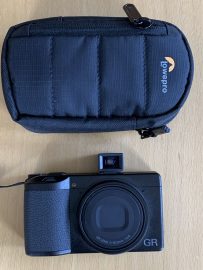
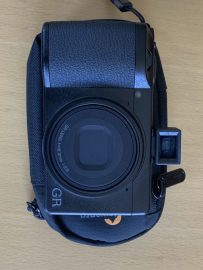
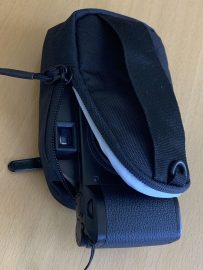
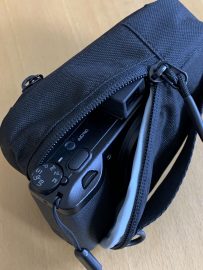
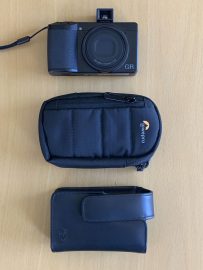
If you want to carry just the camera, the original Ricoh GC-9 soft leather case is great and it fits like a glove:
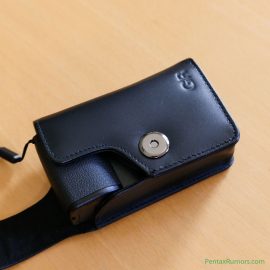
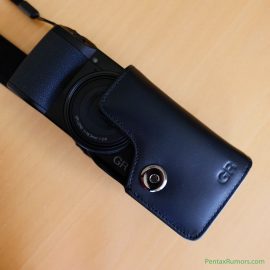
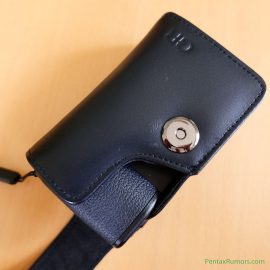
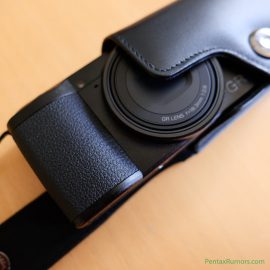
Noe that there is no extra space for a battery and it is impossible to fit GR III with a viewfinder:
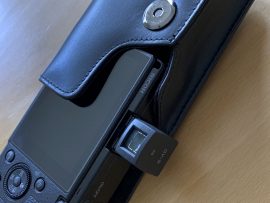
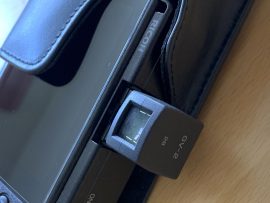
Check out also the Ruggard cases:
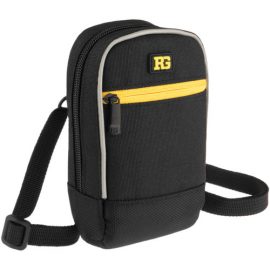
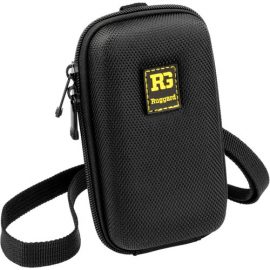
String wrist strap – several options are available:
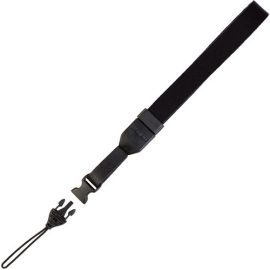
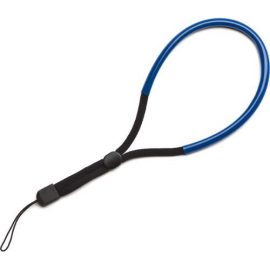
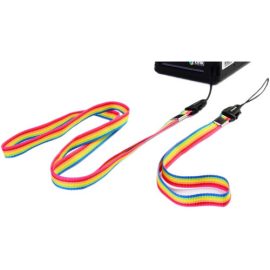
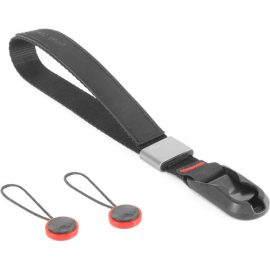
Screen protection – I got this one:
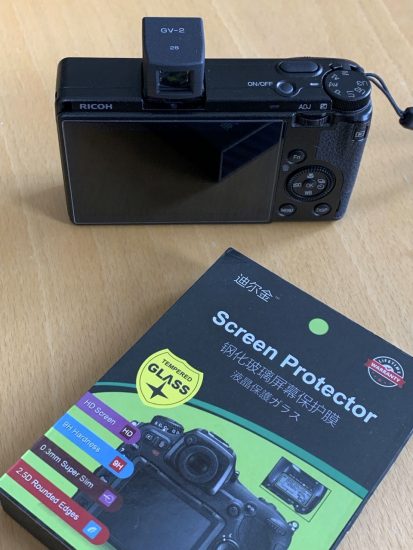
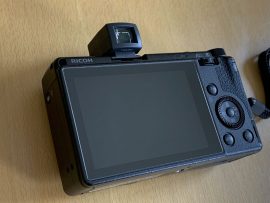
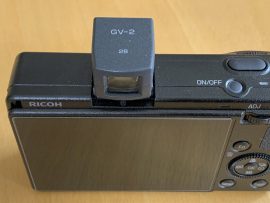
Neck strap – I got the Nikon AN-CP23:
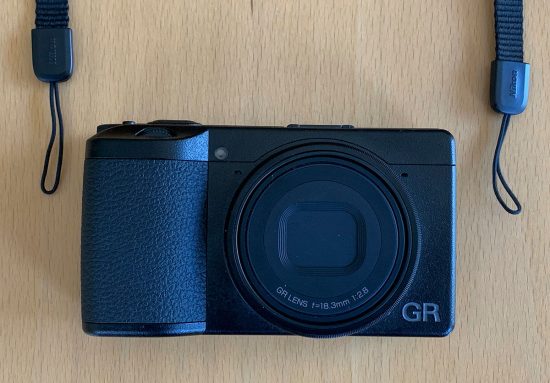
Ricoh GR III camera pros and cons:
Pros
- The wake-up time is fast
- 14-bit RAW files (the previous Ricoh GR II had 12-bit RAW files)
- IBIS works very good
- I always liked the Ricoh GR menu system and the GR III is not an exception
- Very fast – start-up time: 0.8 seconds
- The new touchscreen is a very nice addition
- New LCD screen outdoor view setting (very usefull)
- Built-in ND filter
- Magnesium alloy frame
- Dust removal introduced for the first time
- Multiple exposure mode that can overlay up to 2000 images in one frame.
- The GR III has a new anti-aliasing filter simulation mode to eliminate moire (the camera doesn’t have a built-in anti-aliasing filter
- You can charge the battery from a powerbank (but you cannot operate the camera form a powerbank)
Cons
- Still no weather sealing
- Battery life could be better
- I had some problems with focusing in macro mode (hard to focus at the minimum focusing distance of 10 cm from the lens)
- Manual focus is done with the rear control dial which can be strange to some users
- I noticed that after long use, the camera does get a little hot.
- No flash (I personally don’t care about the flash)
- No tilting screen (irrelevant for me personally)
- No 4k video
- I personally think the finish of the previous GR model was better – unfortunately, I no longer own the old model in order to compare
- Wobbly control dial/pad:
Here is another video of the Ricoh GR III camera autofocus test comparison before and after firmware update 1.10:
Sample photos taken directly from the camera without any post-processing (most of the sample photos were taken with the original firmware):

I was even able to take a photo of the Milky Way with the GR III (different edits):
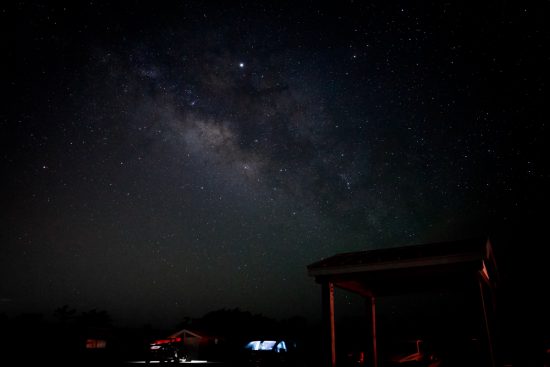
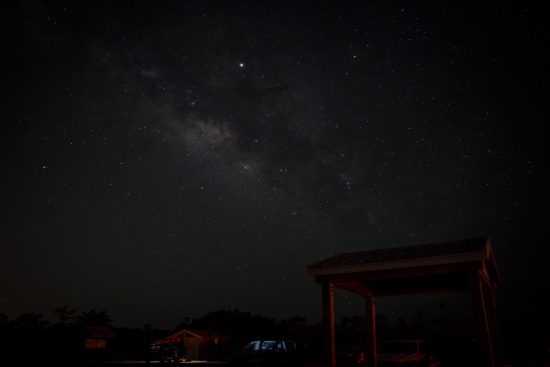
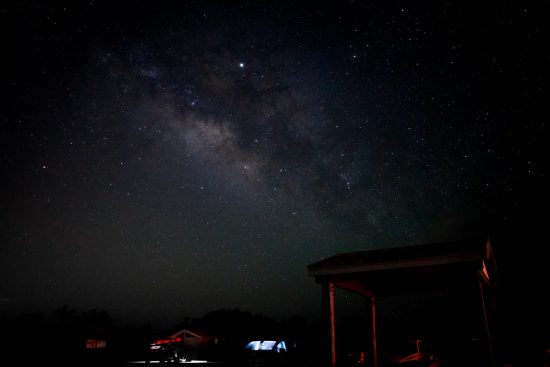
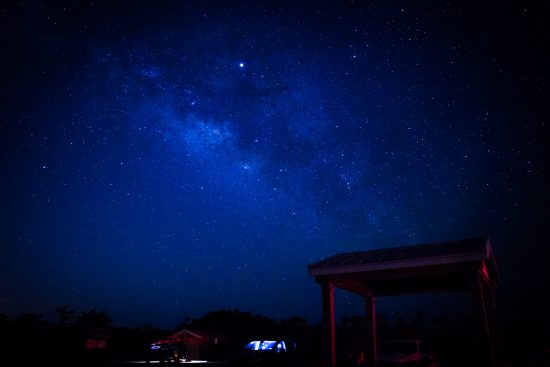
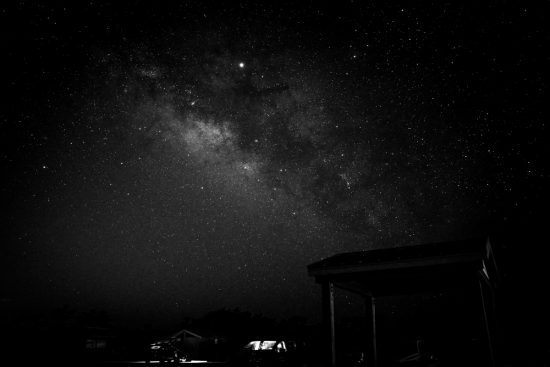
For Ricoh GR III camera pricing and availability check B&H Photo.








